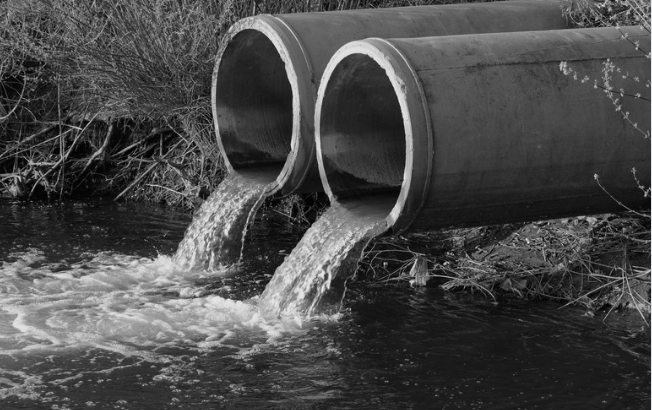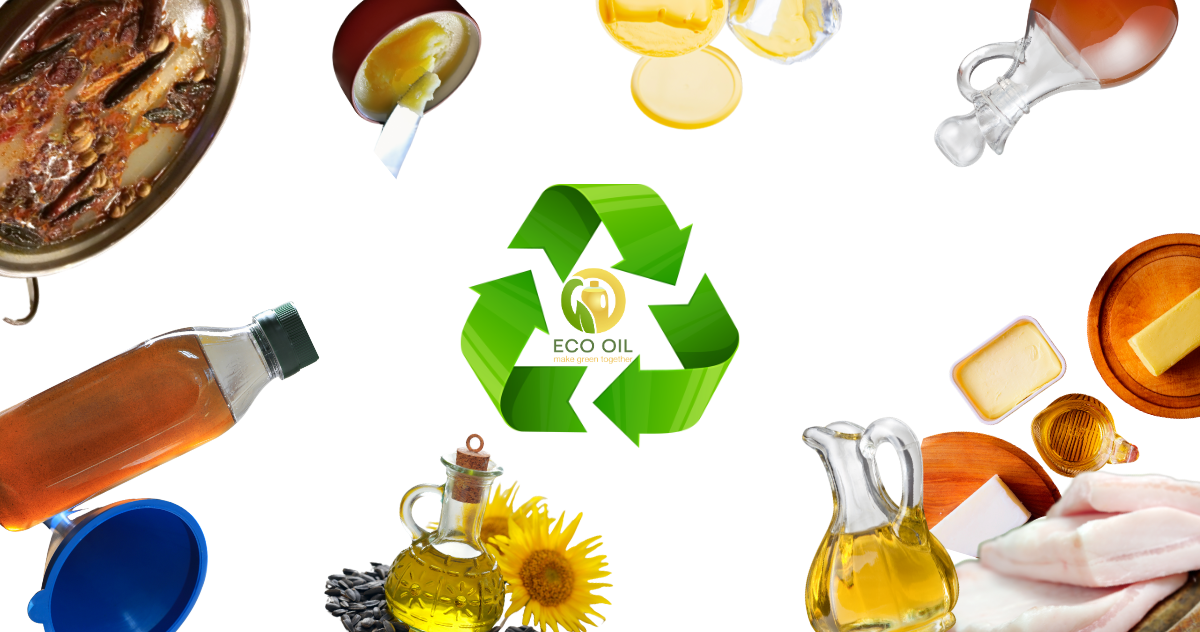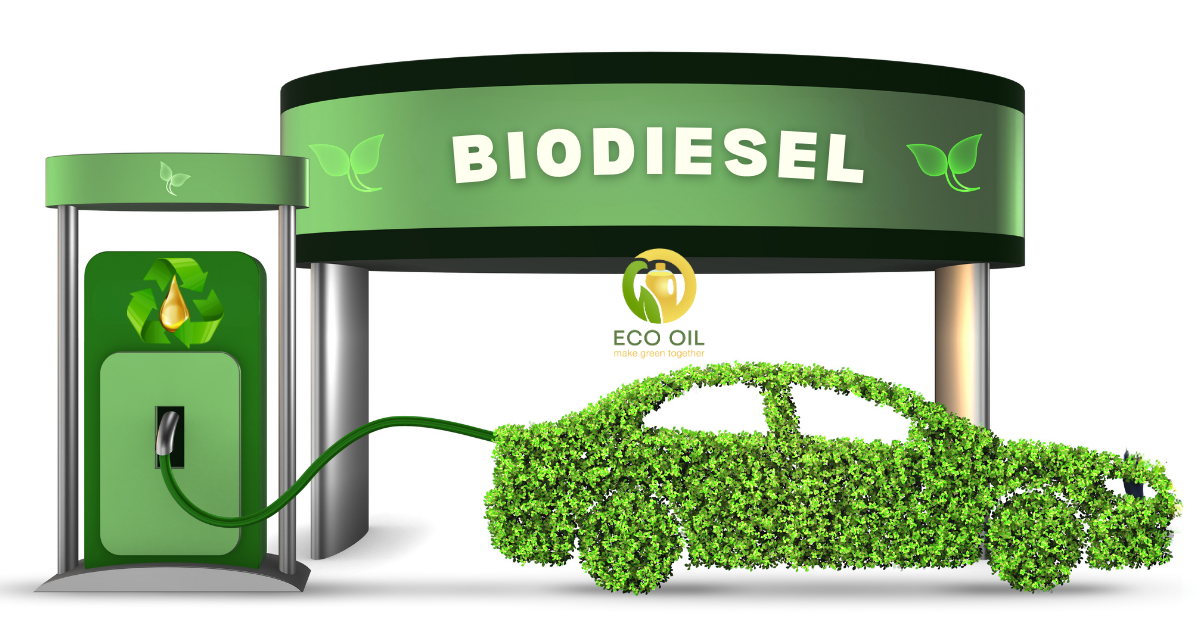
Used cooking oil: an invisible enemy of our environment
though being a potential resource to promote a circular economy, UCO can still negatively affect the environment when left unmanaged
Every day, the world produces millions of liters of used cooking oil (UCO). This oil, whether from household kitchens or restaurants, can become a significant environmental problem if not properly managed. Though it may arise from daily routines, its effects are profound and enduring. It’s more than just a waste issue; it has serious environmental implications.
The negative impacts of UCO when left unmanaged
Used cooking oil is often problematic for those concerned with hygiene or food safety. However, many people are unaware of the environmental impact of improper disposal. When UCO is discarded carelessly or improperly, it can lead to severe consequences, such as polluting water and soil, which negatively affects ecosystems.
Despite the seeming magnitude of the problem, the solution is straightforward – recycling used cooking oil. By collecting and recycling UCO, we can reduce waste and pollution while repurposing it into clean energy like biodiesel.
The solution to conserve our environment
Everyone can play a part in mitigating UCO-related environmental pollution. Start by separating used cooking oil during meal preparation, collect it, and take it to recycling points. This small step not only reduces environmental pollution but also contributes to a greener future for our planet.
Used cooking oil presents both health and environmental challenges. However, recycling and reusing it can lessen these negative effects and lead to a cleaner environment. Each small action you take can have a significant impact. Let’s raise awareness and collaborate to protect our green environment, where we all live.


 Vi
Vi


